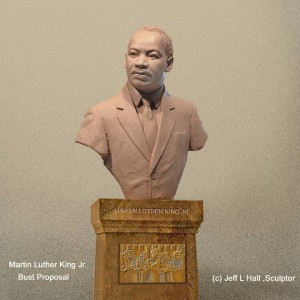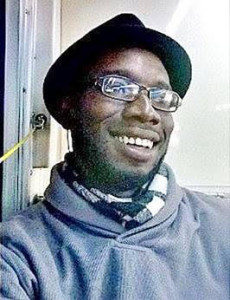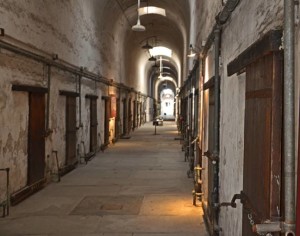In 1908, there was a statue erected of a confederate soldier, rifle drawn, standing vigil before the Loudoun County courthouse, as if an armed sentry demanding that any person approaching the court must first seek permission to proceed any further.
No one asks why this statue was not erected sooner than 40 years after the Civil War.
No one is curious why the citizens didn’t forge a statue of a Union and Confederate soldier standing side by side, at peace, weapons at rest, given that Loudoun County had civil war combatants on both sides of that divisive struggle.
It’s because this statue was never intended to bring us together.
Consider the historical context in Virginia after the Civil War.
In 1868, a Richmond editorial praised the KKK for “not permit[ting] the people of the South to become the victims of negro rule.”
Even the 15th Amendment to the United States Constitution, granting Black men the right to vote, did not prove an effective remedy.
Racial segregation appeared and persisted. A white dominated political system established itself throughout Virginia. From 1880 to 1930, mobs in Virginia executed seventy blacks.
In 1890, a local Hamilton contingent of blacks formed the Loudoun County Emancipation Association “to work for the betterment of the race – educationally, morally and materially.”
In 1896, the Supreme Court shored up segregation in Plessy v. Ferguson pronouncing that “separate” was just fine for Blacks.
In 1902, the hateful Klan was summoned back into service. Thomas Dixon, Jr., a fiction writer, favoring white supremacy, told the nation that the Klan was an heroic force. The Virginia Constitution was amended to limit the voting rights of Blacks, by requiring screened interviews in order to vote and imposing a poll tax. The number of black voters in Virginia declined from 147,000 in 1902 to less than 10,000 by 1904. Continue reading





